Sore mouth is a highly contagious viral disease that causes painful skin lesions around the muzzle of affected sheep and goats. The disease is zoonotic, which means that the infection can also spread to humans. Our Leatherstocking Veterinary Services team offers information about sore mouth and how you can protect yourself and your herd.
What is sore mouth?
Sore mouth, also known as contagious ecthyma, orf, and scabby mouth, is caused by a Parapoxvirus in the subfamily Chordopoxvirinae and family Poxviridae. The infection commonly affects sheep and goats, but can be transmitted to humans. The virus has been found worldwide in countries that raise sheep and goats.
How does sore mouth affect sheep and goats?
The infection is typically more severe in goats than sheep, and kids and lambs are more susceptible than adults. Blister-like lesions usually develop approximately four to eight days after exposure and can affect the mouth, muzzle, face, ears, eyelids, feet, vulva, and scrotum. Affected kids and lambs can also pass on the infection, causing lesions on their mother’s teats. In rare cases, lesions may extend to the esophagus, stomach, intestine, or respiratory tract. The blisters form crusty scabs that typically last for two to four weeks. Most adults with lesions around their mouth continue to eat and milk well, but animals with a weakened immune system may have more severe infection. Sore mouth that affects a herd typically infects 100% of the kids and lambs, but deaths are rare. Potential complications include:
- Lameness — Foot lesions can cause lameness, and can predispose affected animals to infection by Dermatophilus congolensis.
- Parasites — Sore mouth lesions are highly susceptible to maggot and screwworm infestations.
- Anorexia — Sore mouth lesions are extremely painful, and animals may refuse to eat, potentially to the point of starvation.
- Offspring abandonment — Lesions on the teats and udder can lead dams to abandon their offspring to avoid the pain of nursing.
- Bacterial mastitis — Sore mouth lesions on the teats predispose ewes and does to bacterial mastitis, including gangrenous mastitis.
How is sore mouth transmitted in sheep and goats?
Sore mouth is spread through direct contact with an infected animal, or indirectly from a contaminated environment or equipment. The virus enters the body through broken or damaged skin, and animals grazing stubble or eating coarse feed are at highest infection risk. The virus remains viable on the skin for about one month after lesions have healed, and animals who appear healthy can carry the virus and spread the disease in the environment, especially when stressed. The virus is extremely hardy and can survive for months to years in cool, dry environments.
How is sore mouth diagnosed in sheep and goats?
A sore mouth diagnosis is typically made based on characteristic disease signs. Diagnostic testing is usually not necessary.
How is sore mouth treated in sheep and goats?
Treatment is usually not needed for mild lesions. Severely affected animals, especially lambs and kids, require good nursing care that may include tube feeding to ensure they get adequate nutrition and hydration. Other potential treatments include:
- Antibiotics — Antibiotics may be necessary to address secondary bacterial infections.
- Udder salves — Salves can be used to soften lesions on teats.
- Good hygiene — Affected areas should be kept clean to help prevent secondary infections and parasite infestation.
- Repellents and larvicides — These products may also be used to help prevent parasites from invading the lesions.
How is sore mouth prevented in sheep and goats?
Sore mouth is extremely difficult to eradicate once the virus enters a herd. Prevention methods include:
- Quarantine — New animals should be quarantined for three to four weeks before introducing them to the herd.
- Appropriate feed — Remove harsh vegetation from pastures and don’t feed coarse food materials that cause cuts and abrasions in the mouth and on the muzzle.
- Clean — Routinely clean troughs, feeders, and other equipment in the environment.
- Vaccinate — Vaccination can reduce the severity and duration of clinical signs, and is administered by scratching a small area with no wool or hair and painting the vaccine in the area. The vaccine contains a live virus and should be used only on premises where infections have occurred.
How does sore mouth affect people?
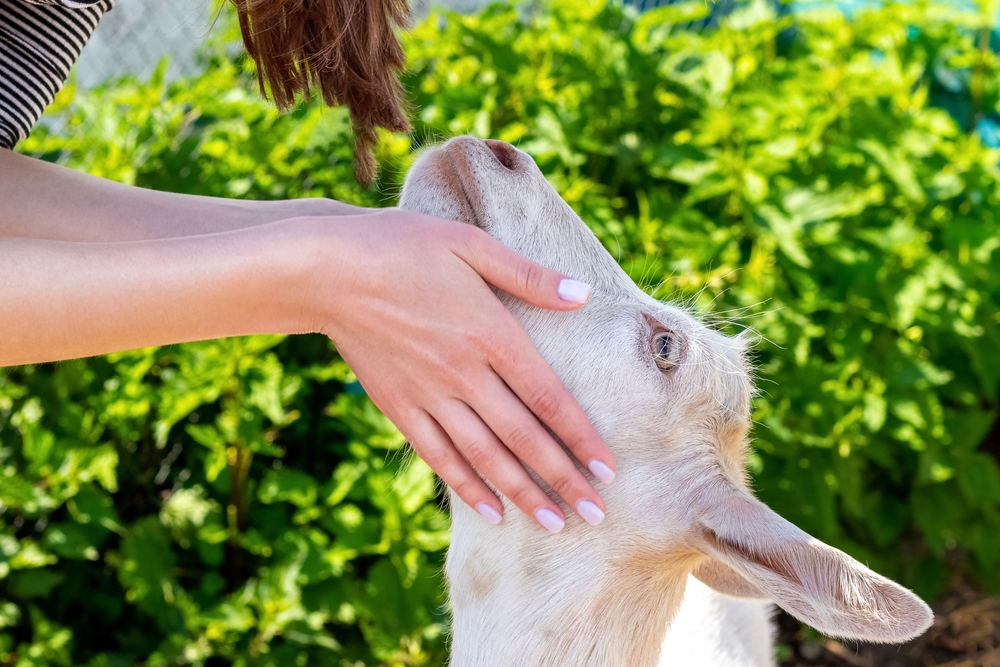
Sore mouth is a zoonotic disease, and sheep and goats can spread the disease to humans, who typically get lesions on their hands or arms about three to seven days after exposure. The initial lesion is a small, firm, red papule at the virus penetration site, which typically develops into a weeping nodule that may form a crust, and usually heals in three to six weeks with no treatment. Other potential signs include a low grade fever and swollen lymph nodes. To prevent infection, people who handle infected animals should wear nonporous disposable gloves and wash exposed skin areas thoroughly.
Sore mouth can cause significant problems for your herd, but certain precautions can protect your animals. Contact our Leatherstocking Veterinary Services team if your sheep or goats are exhibiting lesions indicative of sore mouth.

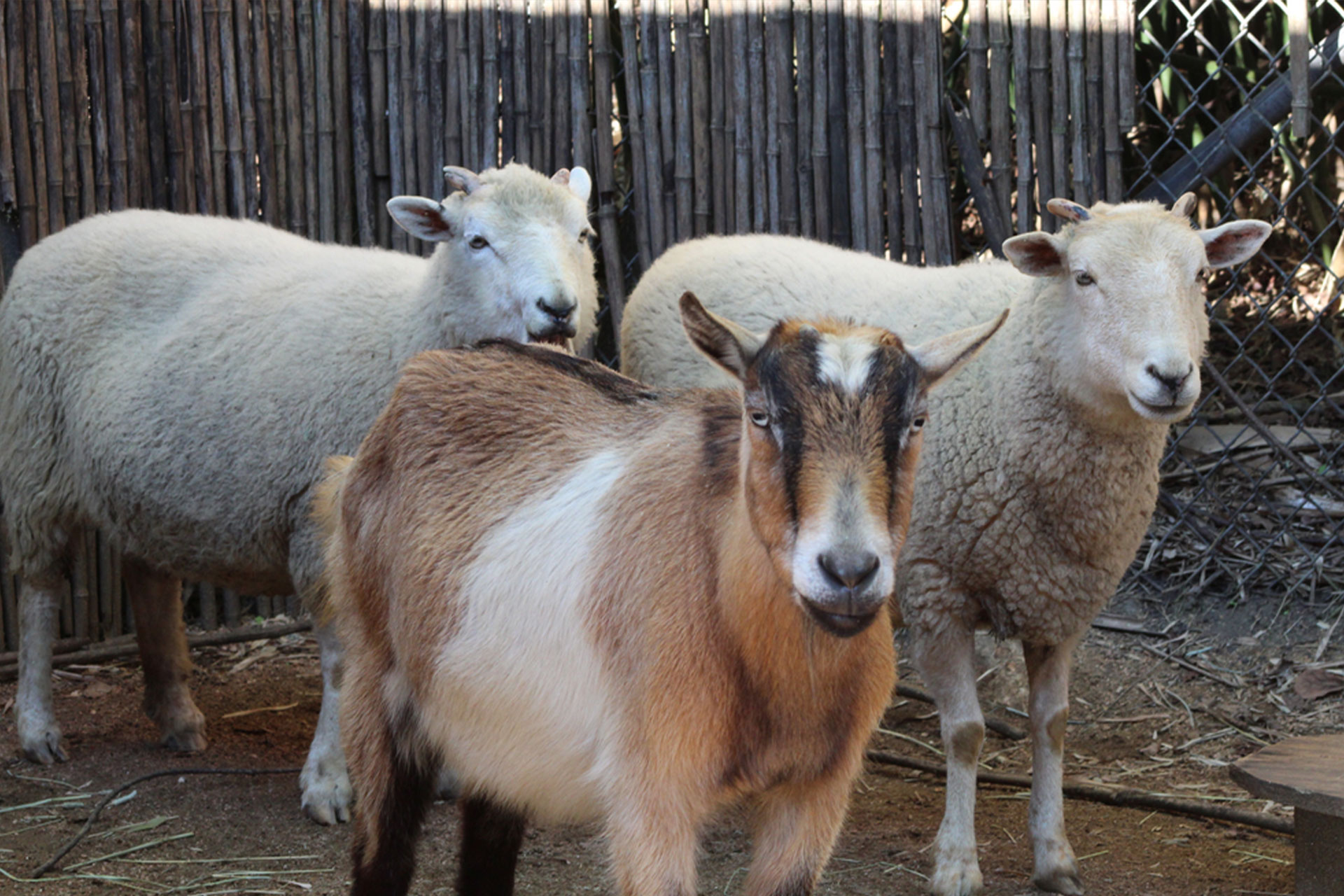
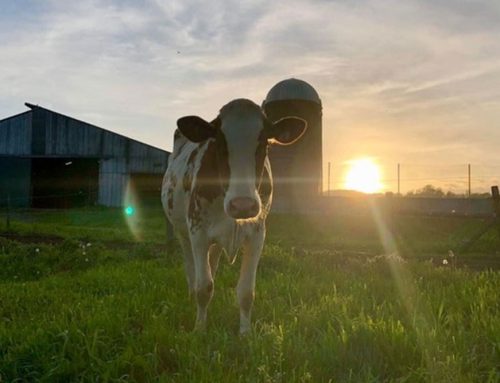

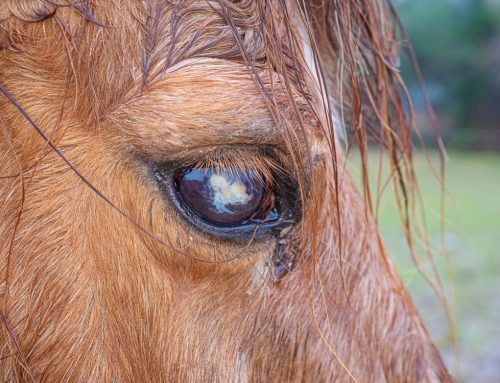
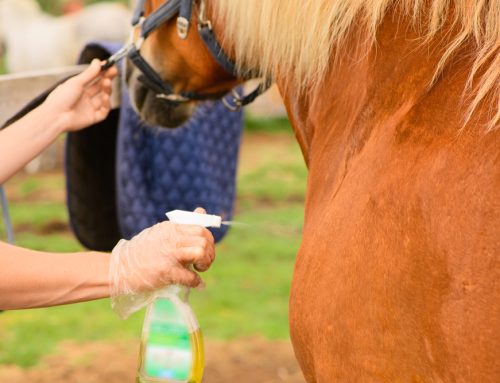

Leave A Comment